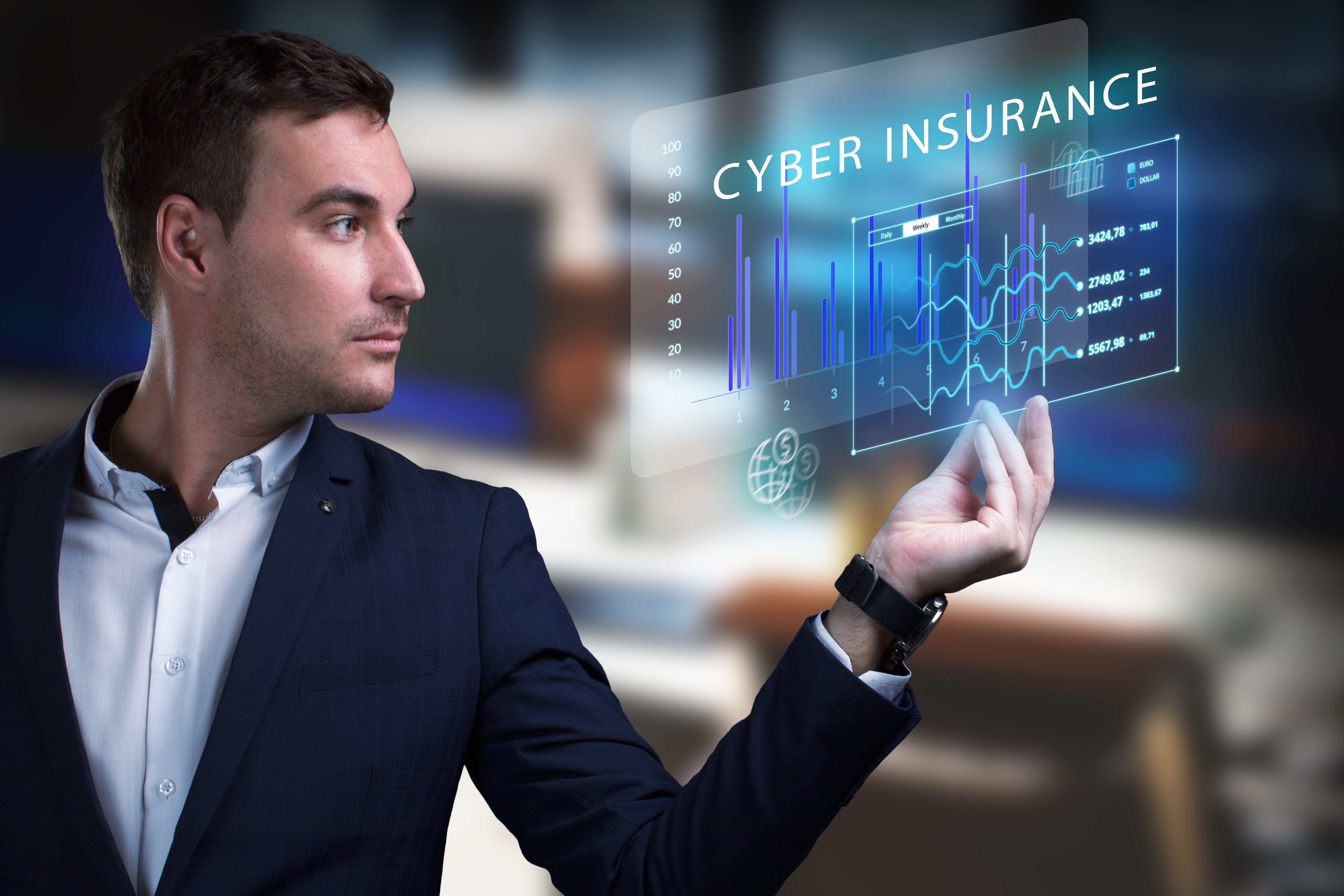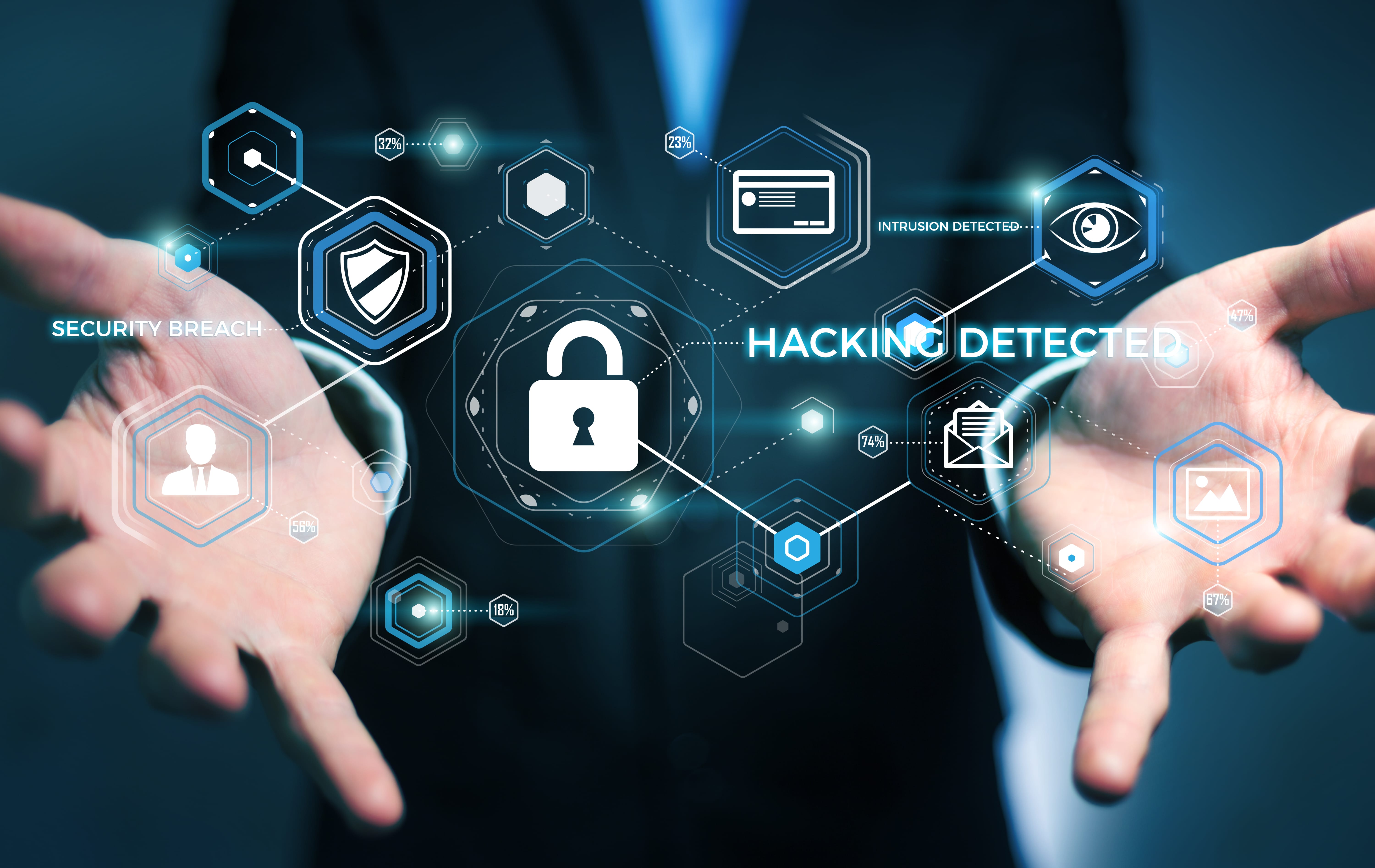
Even the simplest tasks can seem impossible when working on a painfully slow computer. Fortunately, there are numerous methods for improving your computer’s speed and performance.
A variety of factors can cause a computer’s sluggishness. When working with a computer, problems can arise that are user-related, software-related, or hardware-related.
Spend some time going over some of the most common troubleshooting methods. I’ll show you how to speed up your computer if it’s slow. You can boost your computer’s performance with a few simple changes.
If your computer is running slowly, continue reading to learn how to fix it and prevent it from becoming any slower. You will get to know about the reason for the computer running slow and fixes to make it faster.
Let’s start fixing it!
Why is Your Computer Running Slow?
The following points are elaborated for you to read and know about your slow-running computer. We will explore some common reasons why a computer might be running slow and discuss some steps you can take to troubleshoot the issue.
We will look at factors such as insufficient memory, outdated hardware, and the presence of viruses and malware, as well as other factors that can contribute to a slow-running computer. And sometimes, it’s more than one factor.
By understanding the root causes of slow performance, you can take steps to improve the speed and efficiency of your computer.
Low RAM can cause a computer to become slow and unresponsive. This is because RAM temporarily stores data (such as program instructions and the current state of data in a running program) before it is permanently stored elsewhere in the computer.
If the RAM is already full, the computer will use the hard drive as virtual memory, which is a much slower option. When this occurs, the computer may suffer significant lag when retrieving files from the hard disk.
It’s also possible that the computer won’t be able to open specific programs or perform specific tasks if it doesn’t have enough RAM. One example is the inability to launch new programs or engage in resource-intensive activities such as video editing or gaming.
If you keep using the computer without fixing the ram issue, you will face the following:
- Slow performance
- Error messages
- Difficulty running certain programs or performing certain tasks
- System crashes
To avoid these issues, boost the RAM. Close unnecessary programs, add RAM and use memory optimization tools to free RAM.
If these steps don’t work, it’s time to buy a new computer.
You Are Running Out of Disk Space
It is usually when you’re not careful about the data you keep mismanaged according to your computer specifications. If your computer is running low on disk space, you may experience several issues, including:
- Slow performance
- Error messages
- Difficulty installing new programs or updates
- System crashes
Enough free space on your hard drive can help you avoid such issues. This can be accomplished by removing unused software, large files no longer needed, and temporary files.
If you still need more storage space after taking these steps, you should consider purchasing a new hard drive or an external storage device with a larger capacity.
Your computer is Overheating
Overheating a computer is usually due to multiple applications running simultaneously, causing the core to work hard and speed up the process, causing the hardware to heat up. The main issue is that the computer will slow down or shut down completely to avoid damage. There are a few common causes of overheating in computers:
- Dust and debris blocking the airflow through the ventilation ports
- Insufficient cooling
- Overclocking – running the computer’s processor at a higher clock speed than it was designed for.
- High ambient temperature
Using an overheated computer can cause even more issues. High temperatures can damage or destroy computer components, requiring costly repairs or replacement.
To avoid overheating, ensure the computer has adequate airflow, clean internal components, and working cooling components. Overclocking requires adequate cooling to prevent overheating. Keep the PC cool, dry, and well-ventilated.
You Have a Fragmented Hard Drive
This is a tricky problem because it attacks the hard drive. On a hard drive, fragmented data is stored in multiple locations rather than in a single chunk. This occurs when a hard drive reaches capacity, and no free, contiguous space remains. File fragmentation can occur as a result of frequent file addition and deletion.
Fragmentation can be problematic. Because the hard drive has to work harder to access the disk’s data, the computer may run slower, making it take longer to open files and programs and feel less responsive.
Data that has been fragmented is more difficult to recover, increasing the risk of permanent data loss. Increased activity on a fragmented drive can fail.
Rearranging hard drive files with a disk defragmentation tool prevents fragmentation and improves drive performance. Typically, this utility type can be found in the Control Panel or Preferences menu.
You Have Too Many Backgrounds Programs
Too many background programs can cause your computer to slow down and damage itself. It has the potential to slow down and lag your computer. Even when not in use, many applications use memory and CPU. A high number of background processes reduces both. CTRL ALT DEL, the redemption sequence.
Conflicts and errors are increased when multiple programs compete for the same resources and attempt the same goals. Controlling your computer’s background processes can help you avoid problems.
Quit unused apps or prevent them from starting. A task manager or system monitor can also be used to keep track of active processes and how much memory and CPU they consume. Reduce the number of background programs to help your computer run faster.
You Have Too Many Start-ups Programs
Too many start-ups can be problematic. The start-up time is long. Apps that start automatically must be loaded and initialized. It can be aggravating to wait for computer programs to load.
Too many start-up programs can cause computers to slow down. Many open programs complicate computer management. Conflict and errors are exacerbated when multiple programs compete for the same resources and goals.
It consumes RAM and CPU, slowing down other applications. Multiple open programs complicate management and tool discovery.
Controlling which programs run at startup may be beneficial. Disable unused programs or use a start-up manager. Reduced start-up programs improve computer performance and stability.
You Have Old Software
Outdated software creates issues. It is common for older software or hardware to fail to run. Incompatible software written for older computers may not function properly or may crash and freeze on newer computers, meaning it slows the computer down.
Insecure software may exist in older versions of software. New security flaws and vulnerabilities may be discovered and patched as software ages, leaving older versions vulnerable. This makes malware or hackers more likely to steal your data.
Incompatible, insecure, and ineffective software can exist. Because of technological advances, newer software may be more effective and feature-rich.
You Have Too Many Temporary Files
Too many temporary files can cause your computer to slow down and damage itself. It has the potential to slow down and lag your computer. Even when not used, temporary files consume system resources such as RAM and CPU. Too many temporary files can consume memory and CPU, preventing other tasks from being completed.
Too many temporary files can cause your computer to slow down. Temporary files make computer data difficult to organize and find. Increased file count and workload can cause hard drive damage.
These issues can be avoided by managing temporary files. Temporary files can be deleted manually or with a tool. Keeping temporary files to a minimum can help your computer run faster.
Your Divers Need Updating
Drivers are required for your computer to control printers, keyboards, and graphics cards. If these devices’ drivers are outdated or broken, this can cause issues. And this problem will not only slow down the computer but may shut down the devices attached to the computer or completely cause systems to shut down.
Hardware issues or malfunctions are quite common. When using graphics-intensive software, you may notice a performance drop or errors if your graphics card driver is outdated. If your printer’s driver is corrupted, you may have trouble printing documents or photos.
Drivers who are too old can cause issues. They may be incompatible with current software or hardware, resulting in malfunctions. They may be less effective because they do not use technology.
The simple solution is to update the drivers. When adding new devices, recheck the drivers and update them to prevent the computer from slowing down.
You Have Malware or a Virus
Infected computers can cause a variety of issues. It can cause your computer to slow down and become less responsive. Malware and viruses can take advantage of idle memory and processing power. Malware or viruses that consume many system resources can degrade performance.
Malware and viruses wreak havoc on computers. They endanger your computer’s security and may expose your personal information. File corruption, deletion, and system crashes are all possible outcomes. Hackers use Malware and viruses to steal your personal information.

How to Fix a Slow-Running Computer
There are multiple ways to fix a slow-running computer, and the first one is to identify what problems make the computer slow. Any of the above-mentioned calls can be managed with the current status of your computer, and you can follow the mentioned steps to fix the slow computer.
The following are the DIY-level fixes, so if none work, you should consult a tech company if the data is valuable. If you’re not fond of PCs, you can always switch to the cloud.
1. Restart
Restarting the computer can sometimes fix sluggish performance. Your computer will restart, which may fix its slowness.
Rebooting the machine forces all open programs and processes to end, freeing up RAM and CPU. Many active applications and background processes can slow your computer. A restart frees up system resources, improving computer performance.
Rebooting can fix some performance issues, but not all. If restarting your computer doesn’t fix slow performance, try scanning for viruses, deleting temporary files, or updating drivers.
2. Check Power Saving Mode
It may be beneficial to disable the computer’s power-saving mode. “Power saving mode” reduces the efficiency with which hardware and software work to reduce a computer’s power consumption. This may increase the battery life of a laptop or phone, but it may also reduce performance.
If your computer is running slowly and you have power saving mode turned on, the mode could be to blame. If your computer runs slowly, turn off the power saver and optimize the settings.
Disabling power saving mode or changing performance settings may shorten battery life or increase power consumption.
3. Run Task Manager
Task Manager is a useful tool for troubleshooting problems with a slow computer. It allows you to view and manage the processes and services running on your system, as well as monitor the performance of your system.
- Identify resource-intensive processes
- Monitor system performance
- Identify and disable unnecessary start-up programs
- Uninstall unnecessary programs
- Update drivers
4. Delete Unnecessary Files
Deleting unnecessary files can help fix a slow computer by freeing up storage space on your system and reducing the number of files your system has to manage. This can help improve your system’s performance and make it run more efficiently.
- Empty the Recycle Bin
- Uninstall unnecessary programs
- Delete temporary files
- Remove large or infrequently used files
- Use a third-party clean-up tool
5. Manage Your Programs
Managing your programs can help fix a slow computer by reducing the number of programs running on your system and ensuring that your programs are optimized for performance. Here are a few ways you can manage your programs to improve the performance of your system:
- Uninstall unnecessary programs
- Update programs
- Manage to start up programs
- Optimize your web browser
- Use lightweight alternatives
6. Install an Anti-Virus
An anti-virus program can protect a slow computer from malware and other threats. Malware can slow down a computer by consuming resources and changing settings. Install anti-virus software to remove malware from your computer. Here are a few things to consider when installing an anti-virus program:
- Choose a reputable anti-virus program
- Keep the program up to date
- Run regular scans
- Don’t rely solely on an anti-virus program
7. Allow System Updates
Allowing system updates can speed up a slow computer by updating its OS and software. System updates boost system performance and fix bugs. To allow system updates:
- Check for updates
- Install updates
- Enable automatic updates
8. Install a New Operating System
If your computer is slow because of the OS, consider installing a new one. Performance may suffer if the operating system is outdated or corrupt or if too many programs and files are installed. Here are a few things to consider if you are considering installing a new operating system:
- Choose a new operating system
- Back up your data
- Install the new operating system
- Reinstall your programs and restore your data
9. Defragment Your Hard Drive
Defragmenting your hard drive can speed up a slow computer by reorganizing files. File fragmentation can occur if you frequently move files on your hard drive. Loading and reading files slow down a system. Here’s how you can defragment your hard drive:
- Open the Disk Defragmenter
- Select the hard drive you want to defragment
- Start the defragmentation process
10. Consider Upgrading Your Memory and Hard Drive
Upgrading your memory (RAM) and hard drive can help to fix a slow computer if a lack of resources or a slow hard drive causes the issue.
- Upgrade your memory RAM
- Upgrade your hard drive
RAM and hard drives are more involved than other troubleshooting steps, which may require purchasing new devices. It’s a good idea to try other troubleshooting steps before deciding to upgrade your RAM or hard drive.

IT Support Solutions from Computronix
If you have read the preceding point, you are aware that there are numerous topics to be covered, but only by professional technicians who can recover data from hard drives and repair hard drives within a computer system.
This is because when an approval-level professional requires changes to his computer for the reasons stated above, he may want to save his PC for the work you have done and for other reasons.
Computronix has a team of professionals who are trained and certified in repairing hard drives, hardware, and computing systems so that you do not lose the personal touch of your computer and can even upgrade it in such a way that it does not halt your daily operations.
If you are worried about your files and do not want to buy a new laptop and set up everything from scratch, it is a good idea to contact Computronix.
With our remote support capabilities, we can resolve most issues without needing on-site visits. This saves you time and money and allows us to provide quick and efficient support.
Don’t let IT issues hold you back. Contact us today to learn more about our IT support services and how we can help you.
Call us: 1(203) 921-2665 Email us: contact@Computronixusa.com











